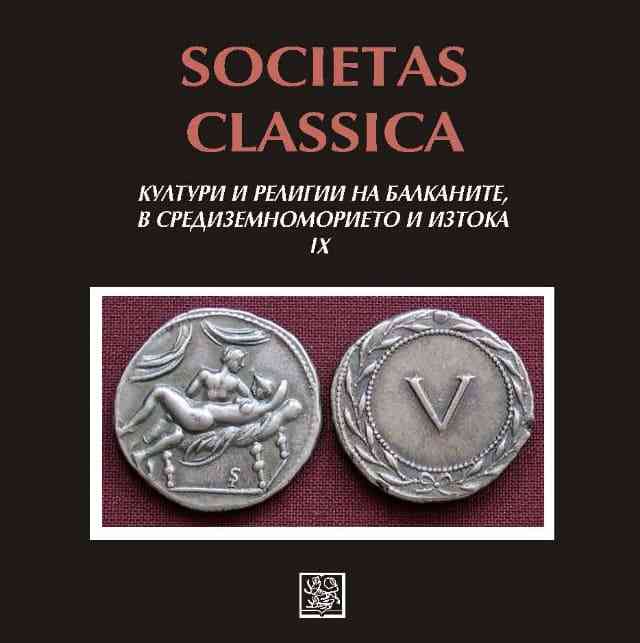Творческа рецепция на античната традиция в „DE CULTURA HORTORUM“ на Валафрид Страбон
The Creative Reception of the Ancient Tradition in Walahfried Strabo’s “De Cultura Hortorum”
Author(s): Kalina Boseva
Subject(s): History, Language and Literature Studies, Literary Texts, Poetry, Studies of Literature, Ancient World, Other Language Literature
Published by: Великотърновски университет „Св. св. Кирил и Методий”
Summary/Abstract: Walahfrid Strabo was a celebrated poet and theologian of the 9th century. He lived and studied mainly in Reichenau, a monastery in modern Germany, where he was monk and at some point abbot. His education covered the Scripture, the writings of the Holy Fathers, as well as Latin, Greek, geography, poetry and the liberal arts. Walahfrid’s many works, written in Latin, consist of theological treatises in prose and many poems on different subjects. Among them is a poem on gardening and the medicinal uses of the plants titled „De cultura hortorum” – „On the cultivation of gardens”. The poem has many scientific and poetical sources: Pliny the Elder, Collumela, Dioscorides, Celsus, Serenus Sammonicus, Pliny Valerianus, Apuleus Platonicus, Isidore of Seville, Virgil, Horace, Lucretius Carus. Strabo used his sources creatively, with a view to do more than just another compilation. He used the words and phrases he found as building blocks in order to come up with a new, contemporary concept for both aesthetics and utility. He is believed to have served as a monastery gardener himself, so likely fused his ideas and practical experience with the received literary tradition of his time. He thus created a unique snapshot of a real life cloister garden – his own garden – both authentic and ideal.
Book: Societas Classica. Култури и религии на Балканите, в Средиземноморието и Изтока. Том 9
- Page Range: 22-36
- Page Count: 15
- Publication Year: 2017
- Language: English, Bulgarian
- Content File-PDF

